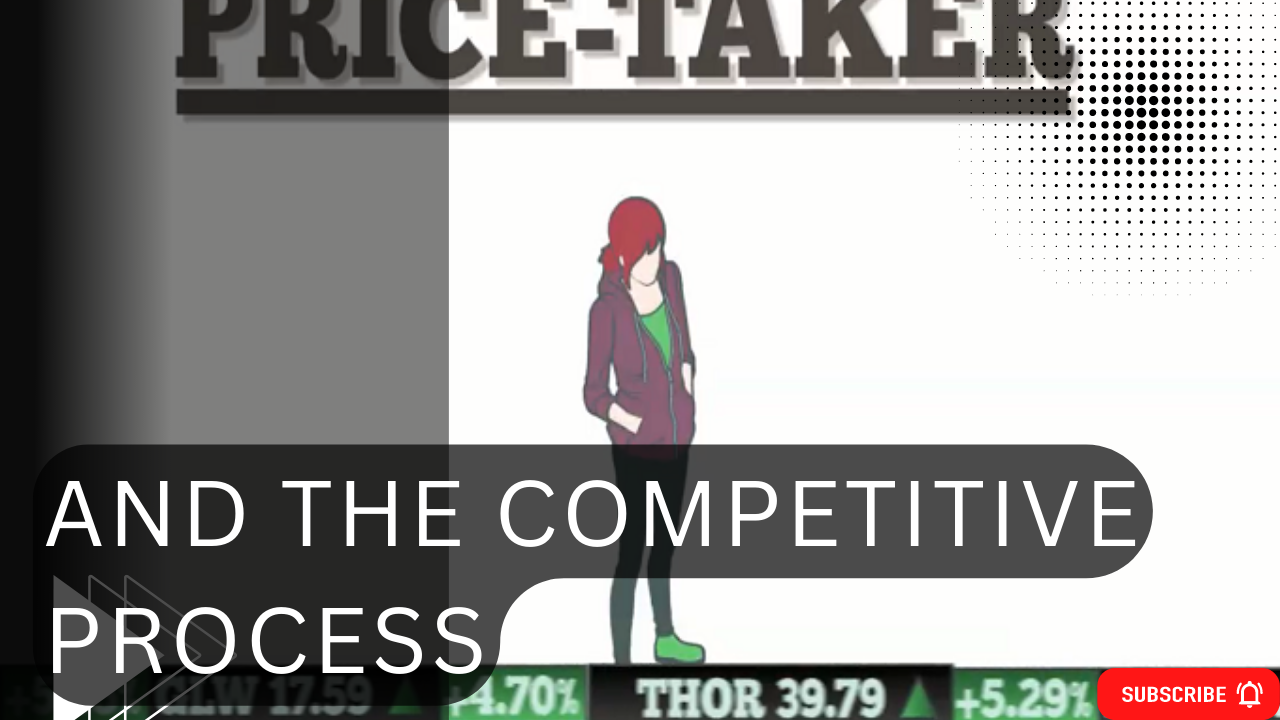Price takers and the competitive process
In economics, a price taker is a market participant who cannot influence the price of a good or service due to its small size relative to the market as a whole. In a perfectly competitive market, all firms are price takers and cannot affect the market price by their actions.
The competitive process is a mechanism in a market economy where buyers and sellers exchange goods and services, ultimately determining the market price of a product. In this process, price takers play a crucial role.
When many buyers and sellers are present in a market and have access to the same information, prices tend to converge towards the market-clearing level. This is because price takers are incentivized to seek the highest possible price for their goods, while buyers seek the lowest possible price. The interaction between buyers and sellers results in a market price that balances supply and demand.
In a perfectly competitive market, price takers are characterized by several key features, including:
- Many buyers and sellers: There must be many buyers and sellers in the market, each with a small market share.
- Homogeneous products: The products being exchanged must be identical and interchangeable so that no one buyer or seller has an advantage over the others.
- Perfect information: All buyers and sellers must have access to the same information about prices, costs, and the quality of products.
- Free entry and exit: Firms must be free to enter and exit the market, and this freedom must not be restricted by barriers to entry such as government regulations or economies of scale.
When these conditions are present, firms have no control over the market price and must accept the price determined by the market. They are, in effect, price takers.
However, the conditions for perfect competition are often not met in real-world markets. For example, some firms may have a larger market share or may produce a slightly different product, giving them some market power. In such cases, the firm may be able to affect the market price to some extent and is no longer a pure price taker.
In conclusion, price takers play a critical role in the competitive process by seeking the highest possible price for their goods and services. In a perfectly competitive market, the interaction between price takers and buyers results in a market price that balances supply and demand. In real-world needs, the conditions for perfect competition are often not met, and some firms may have some market power.



